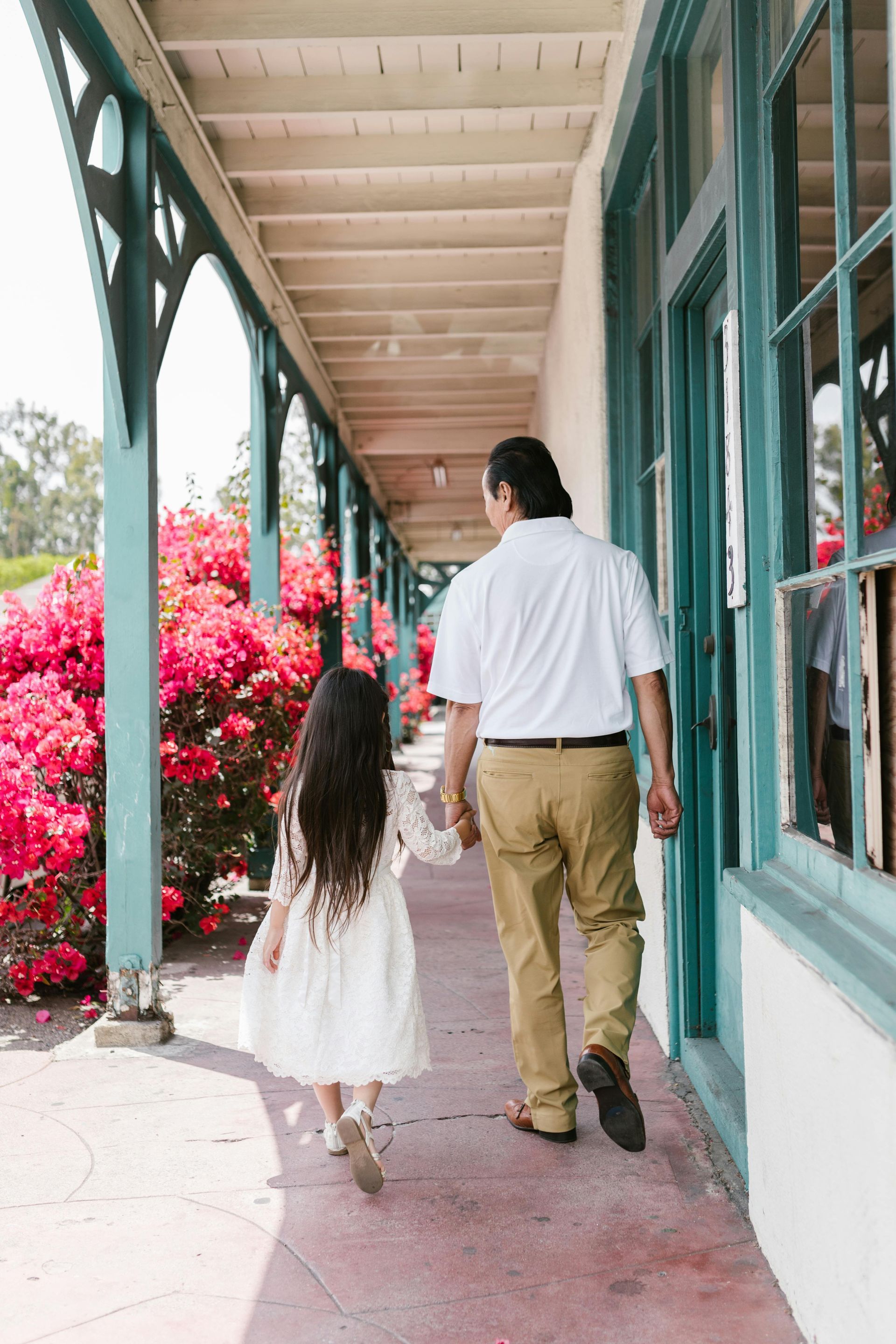
Starting school marks an important milestone for both children and their parents. Transitioning into a Montessori environment—with its distinctive approach to learning—can bring a mix of excitement and uncertainty. At Pincushion Hill Montessori School, we’re committed to helping families navigate this change with confidence and ease.
Talk About What to Expect
Children tend to feel more at ease when they know what’s coming. Take some time to talk with your child about what a typical day at a Montessori school might be like. Let them know they'll have the freedom to choose activities that interest them and that they'll be learning alongside children of different ages. Explain that their teachers—often called guides—are there to support their learning and exploration, not just give directions.
You might say something like: “You’ll start the day by saying hello to your teacher and friends, then you can pick something fun to work on—maybe building with blocks or practicing writing. Sometimes you’ll work alone, and other times you’ll do things with others.”
Encourage Independence at Home
Montessori education places a strong emphasis on independence. To help your child adjust smoothly, start encouraging independence at home. Simple tasks like getting dressed, putting away toys, or helping set the table can boost their confidence. When children realize they can do things on their own, they’re better prepared for the choices and responsibilities they’ll encounter in the classroom. These kinds of activities also reflect the Montessori idea of “learning by doing,” which is at the heart of the method.
Create a Consistent Routine
Routines help children feel safe and lower anxiety during new experiences. In the weeks leading up to the first day, try to follow a consistent morning schedule—waking up at the same time, having a healthy breakfast, and getting dressed on their own. You can also involve your child in getting ready the night before by letting them choose their outfit and pack their school bag. Talking about what they’re excited for the next day can also build a sense of anticipation and comfort. These small routines help foster responsibility and a smooth start to each school day.
Get Ready Emotionally, Too
Starting school is a big step—not just for your child, but for you as well. It’s completely normal to feel a mix of emotions: pride, nervousness, maybe even a little sadness. Keep in mind that your child is likely to sense your mood, so staying calm and positive can help reassure them.
If you’re feeling uneasy, remind yourself of the many benefits of Montessori education—its focus on nurturing independence, curiosity, and a love of learning. Trust in the process, and in the guides who are there to support your child as they begin this new adventure.


